Safari lodges and tour operators in Zambia have always depended on foreign tourists for revenue, but as the pandemic drags on, they are luring local travelers with deep discounts.
For many travelers, going on an African safari is a bucket list dream. Travel magazines are filled with images of open-air lodges set on the banks of rivers, providing views of wild giraffes and free-roaming elephants. In Zambia, there are 20 national parks and 34 game management areas. The most visited are South Luangwa, Kafue, and Lower Zambezi national parks.
Yet, despite the many national parks in the country, many Zambian citizens and nationals haven’t had the opportunity to safari in their own country. In large part, this is due to economic reasons, poor advertising, and poor road networks connecting urban areas to safari lodges and national parks, which are primarily in remote areas. The latter issue means that many lodges can only be open for the drier months of the year, leading to increased prices usually quoted in foreign currency and on a per person per night sharing basis.
When the COVID pandemic hit, international leisure travel came to a halt. Safari lodges and tour operators who had previously depended on foreign travelers saw bookings canceled or postponed indefinitely. Kerry Booth, who runs the Muddy Paws Travel Agency, first noticed the impact of the pandemic on her business in April 2020.
Recommended Fodor’s Video
“I had an international group coming for a wedding that month and a flood of panicked requests to change/postpone travel plans came through,” recalls Booth. Shortly after, she began to see safari lodges offering special resident rates for Zambian travelers, some by as much as fifty to sixty percent discounted.
When in November 2020, Time and Tide—a luxury safari company that operates seven safari camps in Zambia— released a special rate for Zambian residents for their “Time and Tide Chongwe River Suites” camp in the Lower Zambezi National Park, I decided to embark on my first safari. Usually priced at over $1,000 per person per night, the COVID special was reduced to a little under $500 per person, per night, including activities, meals, and non-alcoholic beverages.
My travel group and I arrived at an almost empty lodge during what is typically peak safari season (end of November). The only other time we saw other travelers during our stay was on a morning game drive. Our guide was optimistic that more locals would take advantage of the lower prices and extended opening of the camp to go on safari. As more lodges announced specials targeted at local travelers, Booth began to see a surge in her bookings by as much as tenfold.
“(The specials) have afforded Zambian Residents the opportunity to experience a side of tourism in their own backyard that would normally be financially out of reach.” Says Booth. Glen Evans, who is the General Manager of Time and Tide also saw a rise in local bookings. “The resident market helped to keep us going through the hard times and enabled us to keep some camps open, maintain our teams, and keep doing what we love to do,” shares Evans. “Lodge operators and residents alike were reminded that there was a win-win situation to be had.”
In March 2021, a year from the first outbreak of COVID-19, I went on my second safari in Kafue National Park, motivated by another resident special. This time, the lodge was occupied by more guests, all local, with the exception of a Peace Corps volunteer from Chicago.
In mid-April 2021, the first batch of COVID vaccines was made available to Zambians. While most lodges did not require travelers to be vaccinated, some stated that their employees were fully vaccinated and were open to receiving guests. As the world began to open up slowly, there was an expectation that foreign travelers would start booking safaris again. In early July 2021, as I boarded a flight from the Zambian capital of Lusaka to Mfuwe for another safari, I noticed that—with the exception of myself, one man, and the air hostess—we were the only locals heading on safari.
On arrival in Mfuwe, my fiancé and I were the only travelers on the bus from the safari lodge, which typically seats about ten people. At the lodge, we were the only guests for the night. We only saw an American guest who stayed for one night and an American couple who arrived the night before we left during our three-night stay. I asked the manager, Theuns Kruger, about how the pandemic had affected his lodge, and he mentioned having to put staff on rotation.

Like myself, local traveler Nyambwise Myra could go on safari due to the COVID reduction rates. In July, she visited Marula Lodge in South Luangwa National Park for three nights on a $200 per person sharing package that included accommodation, meals, and one activity per day. Before COVID, accommodation alone was *$95 (in a River Side Tent). “I believe that as a Zambian citizen, I should explore my country, so I took advantage of the promotion,” says Myra.
As more international travelers begin to feel confident enough to travel again, safari lodges and tour operators may be tempted to disregard locals and raise their prices to pre-COVID rates. However, Evans of Time and Tide states that resident rates will remain at their properties long after COVID. However, Booth foresees the number of resident rates decreasing unless the tourism industry sees the value in marketing to locals.
“I do believe that there will be more resident specials continuously available than there were before [COVID], and hopefully the “once-in-a-lifetime” specials will become more frequent,” says Booth. “If we can show the tourism sector that local travel is a significant market, then I do believe the resident specials will be here to stay.”

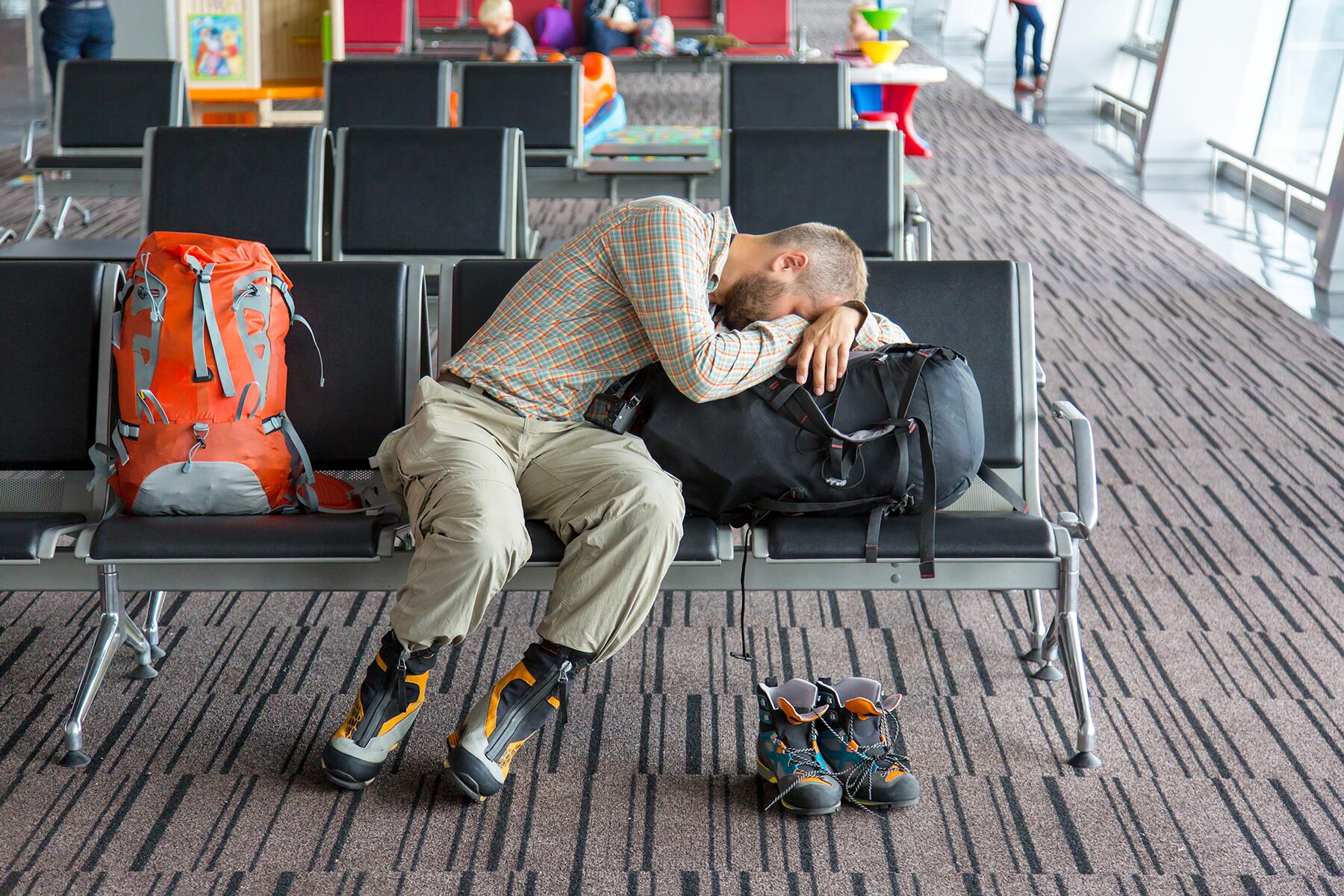
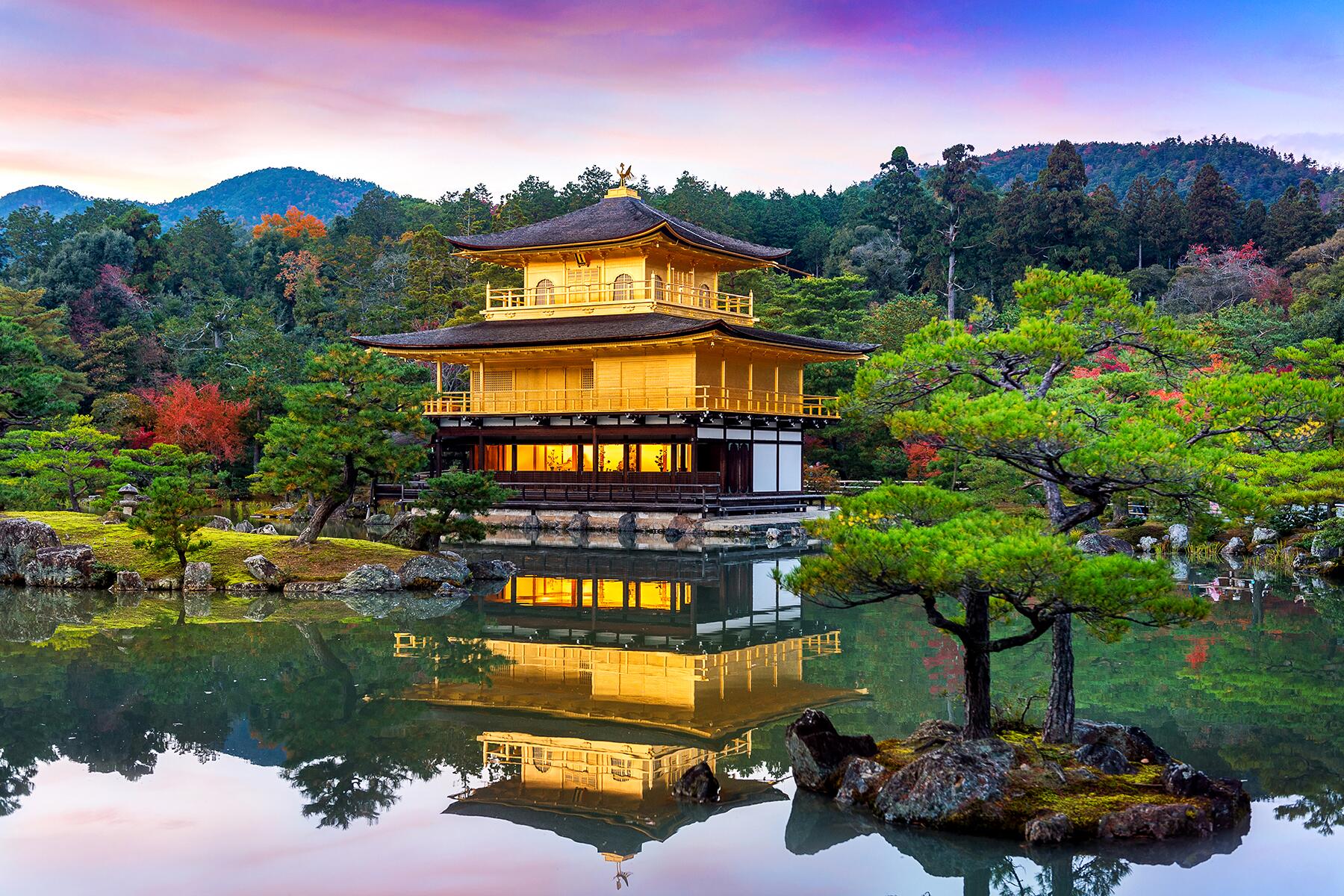

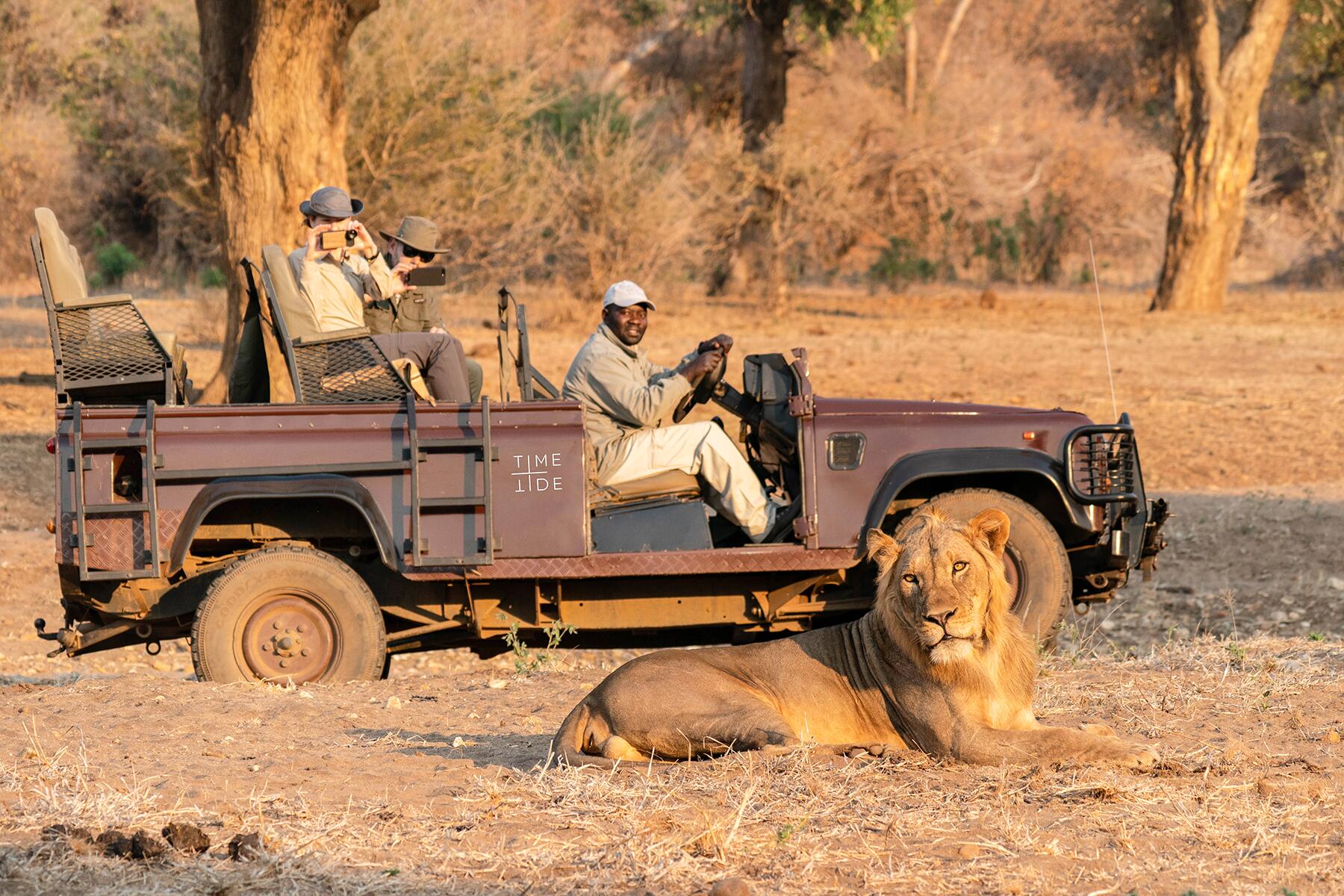
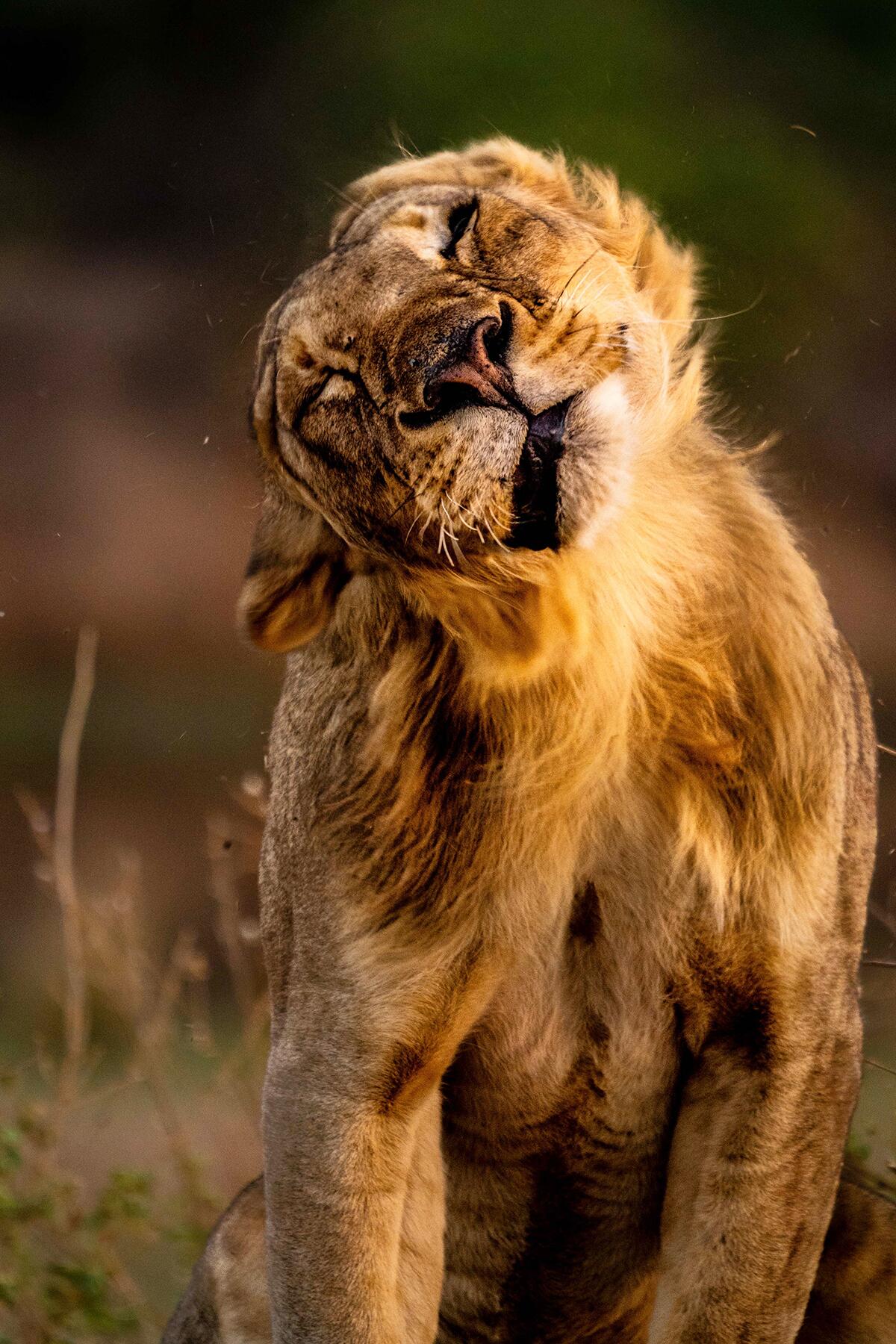
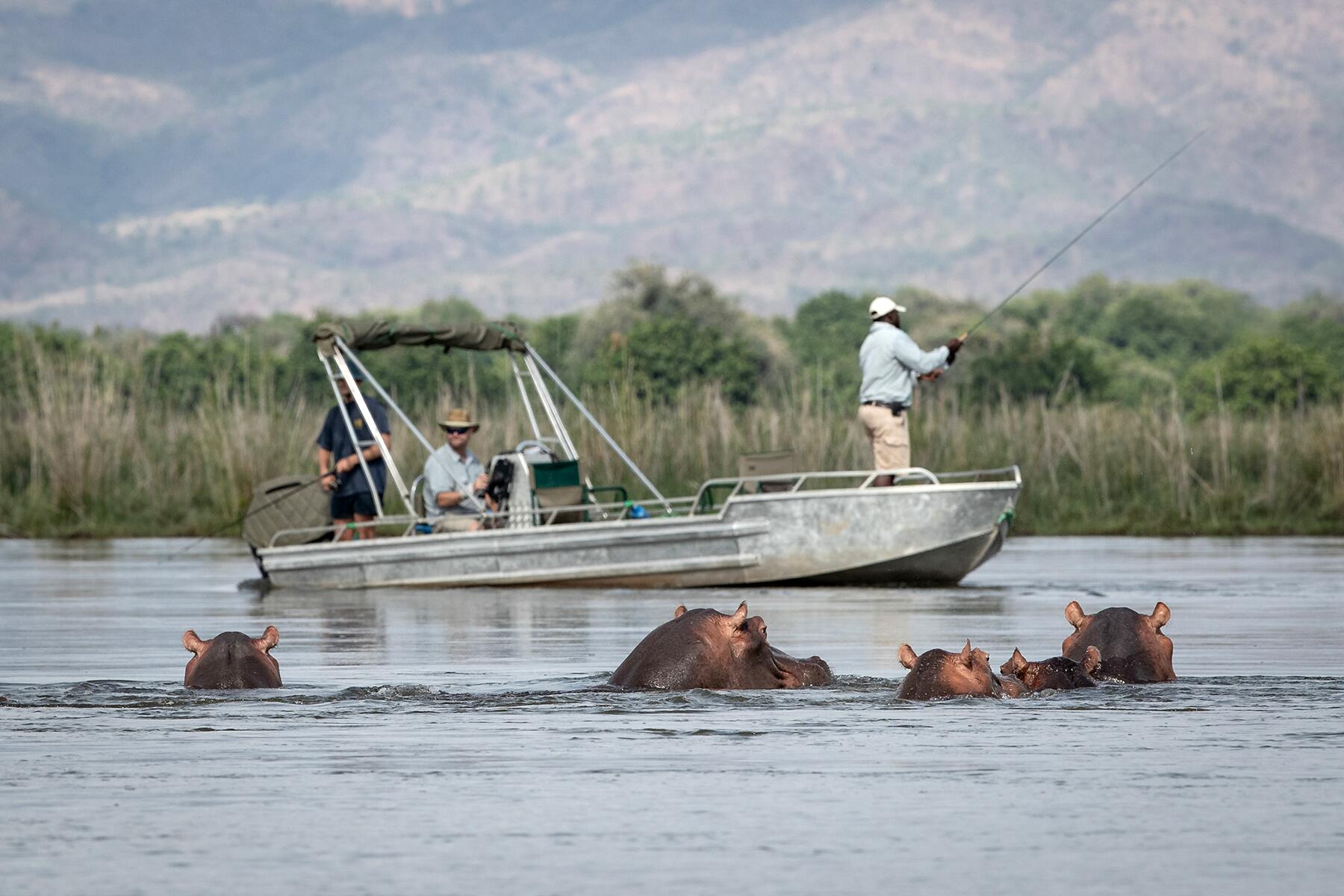

The title of this thread is somewhat misleading. It should be "Thanks to the pandemic, LOCALS can finally afford to book a safari."